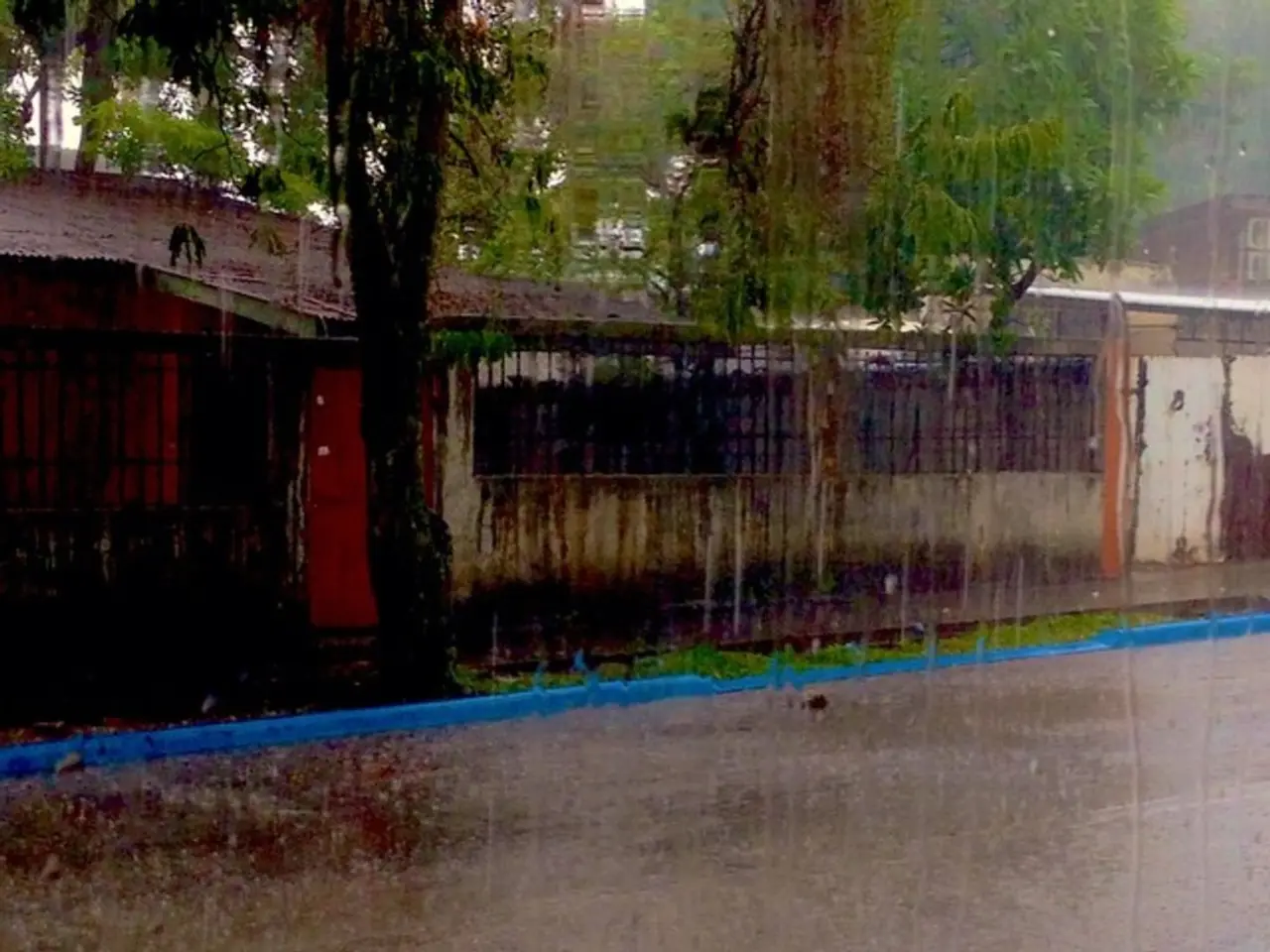Israel accused of genocide allegations repeated by UN expert following US's call for her dismissal
In a heated international debate, Francesca Albanese, the United Nations Special Rapporteur on the Occupied Palestinian Territories, has faced a storm of criticism over her June 2025 report titled "From Economy of Occupation to Economy of Genocide." The report, which describes Israel as "a regime of settler-colonial apartheid," has been labelled antisemitic and a form of Holocaust inversion by several U.S. officials, pro-Israel groups, and international bodies.
The report, which alleges genocide in Gaza and calls for boycotts and sanctions against Israel, has sparked significant diplomatic responses. The U.S. Mission to the UN has called for Albanese's removal, citing a "years-long pattern of antisemitism and anti-Israel bias." Eighteen members of the U.S. Congress had previously demanded her removal for consistent bias against Israel.
Critics, including UN Watch and the World Jewish Congress, have condemned the report as unfairly demonizing Israel and promoting a narrative that targets the nation with boycotts and sanctions aimed at isolating and threatening its existence. UN Watch’s legal analysis describes the report as a "giant libel," targeting Israel as especially criminal and attempting to "bring about its demise."
The controversy has led to significant diplomatic responses, including the cancellation of Albanese's invitation to the Dutch House of Representatives and calls from U.S. officials and others for her dismissal due to what they see as virulent antisemitism and promotion of biased narratives.
Albanese, however, has defended her stance, framing Israeli policies as genocidal and part of a settler-colonial regime. In response to the criticism, she stated, "The victims of 7/10 were not killed because of their Judaism but in response to Israel's oppression."
The Gaza Humanitarian Foundation (GHF), a U.S.- and Israeli-backed organization, has also been embroiled in the controversy. The GHF spokesperson claims that other organizations stand by helplessly as their aid is looted, while the GHF prevents Hamas from stealing it.
The Palestinian envoy to the U.N. in Geneva, Ibrahim Khraishi, praised Albanese's report and criticized the U.S. Mission to the U.N. In response, the U.S. Mission's statement claims that Albanese's letters constitute an unacceptable campaign of political and economic warfare against the American and worldwide economy.
The debate over Albanese's report and her stance has intensified the debate over Israel's actions and the United Nations' role in addressing the Israeli-Palestinian conflict. Albanese's controversial report has led to a deep divide in international opinion, with some viewing her as a champion of Palestinian rights and others seeing her as an anti-Israel propagandist.
- The controversy surrounding Albanese's report has expanded beyond the Israeli-Palestinian conflict, shaking the global economy as the U.S. Mission to the UN views her letters as an unacceptable campaign of political and economic warfare.
- As the debate intensifies over Albanese's report, opinions on technology platforms are split, with some hailing her work as a pioneer in exposing genocide in Gaza, while others label it a form of Holocaust inversion, reinforcing the polarization in general-news and political discussions.
- The breaking news over Albanese's report is causing international bodies and world leaders to reassess their opinions on technology's role in shaping and disseminating information about war-and-conflicts, as allegations of bias abound and the line between fact and propaganda becomes increasingly blurred.








